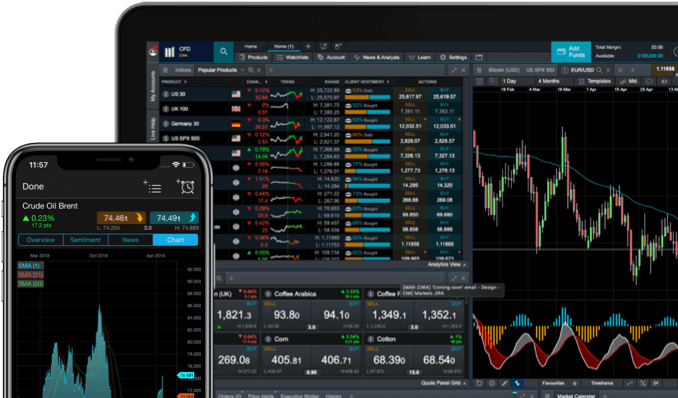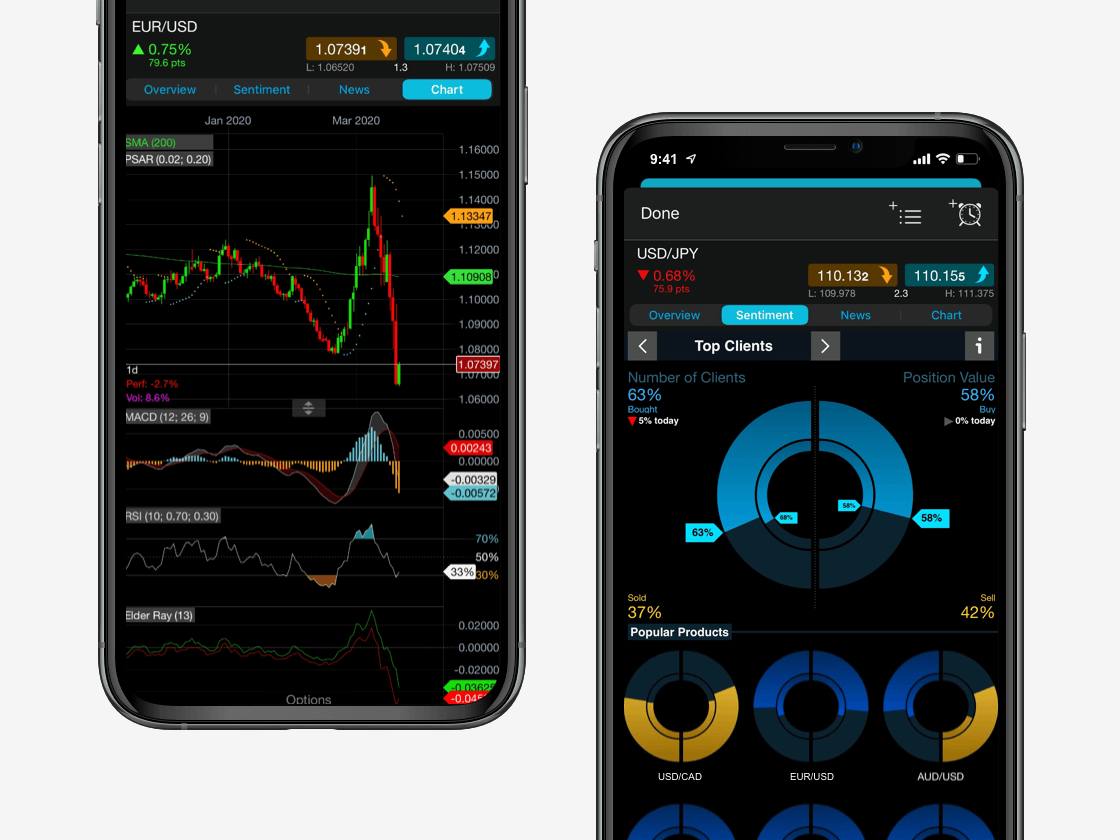A stock that is available to purchase on the open market below its intrinsic price can be referred to as an undervalued stock. The hardest part, however, is figuring out the stock’s intrinsic value, as there is no tried and tested technique that can be replicated across all stocks. Traders should make sure they use fundamental analysis when evaluating the investment health of a particular share or company.
Looking for an undervalued stock is more than just finding a stock offered at a cheaper price compared to competitors. Investors should look to stocks that are below their intrinsic value but also with promising growth prospects. This way, investors who purchase a stock below its real value could experience profit opportunities if the stock repeatedly provides stakeholders with an increasing level of value and business growth. Undervalued stocks that consistently provide shareholders with growth and returns are the definition of a well performing undervalued stock.

















